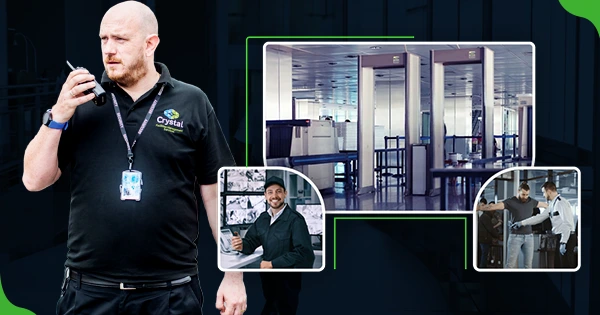Commercial buildings face a range of security challenges, from unauthorized access and theft to fire hazards and vandalism. Addressing these risks is essential to protect employees, assets, and business continuity. Understanding common challenges and implementing effective strategies can make all the difference in ensuring a safe environment.
Access Control and Unauthorized Entry
One of the most significant challenges in commercial buildings is preventing unauthorized access. Installing advanced entry systems, CCTV, and professional security services helps ensure only authorized personnel gain entry.
Maintenance and Safety Risks
Neglecting the physical condition of a building can also create vulnerabilities, such as broken locks, faulty lighting, or damaged entry points. Regular building maintenance services play a vital role in addressing these issues before they compromise security.
Internal Threats and Employee Safety
Security is not just about external threats. Protecting employees from internal risks like workplace accidents, data breaches, or misconduct requires effective policies and training. Pairing security measures with a culture of awareness ensures a safe and compliant workplace.
Conclusion
Overcoming security challenges in commercial buildings requires a proactive approach. By combining professional security solutions with proper maintenance, businesses can safeguard their assets, employees, and reputation effectively.


